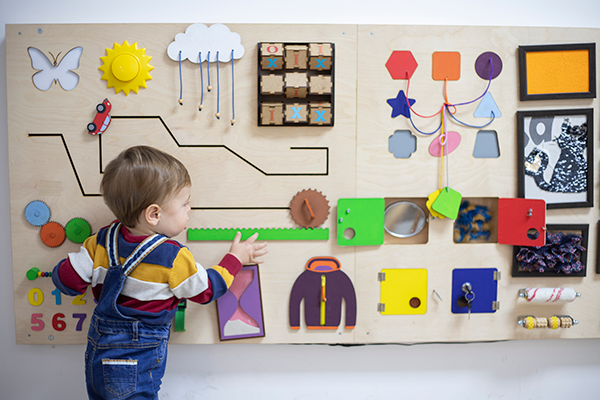
04 Apr Navigating Childhood Development: Recognizing Signs and Seeking Support
As parents, we want nothing more than to see our children thrive and succeed. Yet, navigating the complexities of childhood development and behavior can sometimes leave us feeling uncertain and overwhelmed. How do you know if your child’s struggles are just a phase, or if they may benefit from professional assessment and support?
In this blog post, we’ll explore the signs that may indicate it’s time to consider a comprehensive assessment for your child. From developmental delays to behavioral concerns and beyond, we’ll delve into the red flags that warrant attention. Plus, we’ll discuss the importance of early intervention and how seeking support from a qualified clinician can make all the difference in your child’s well-being.
Recognizing the Signs:
Every child is unique, and developmental milestones can vary widely. However, certain signs may indicate that your child is facing challenges that require further evaluation:
- Developmental Delays: Is your child significantly behind their peers in reaching important milestones like walking, talking, or socializing?
- Academic Struggles: Do they consistently struggle in school, despite your best efforts to support them? Are they having difficulty with reading, writing, math, or paying attention in class?
- Behavioral Concerns: Are you noticing persistent behavioral issues such as aggression, defiance, or frequent tantrums that seem out of proportion to typical childhood behavior?
- Social Challenges: Does your child have trouble making friends, interacting with peers, or understanding social cues?
- Emotional Changes: Have you noticed significant changes in your child’s mood, such as prolonged periods of sadness, excessive worry, or extreme mood swings
- Communication Difficulties: Is your child struggling with speech and language development, expressing themselves, or understanding others?
- Sensory Sensitivities: Are they unusually sensitive to sensory stimuli like lights, sounds, or textures, or do they engage in unusual sensory-seeking behaviors?
- Regression: Have they experienced a significant regression in previously acquired skills or behaviors?
- Persistent Health Issues: Do they have chronic health conditions that may impact their development or functioning?
- Family History: Are there any family members with a history of developmental disorders, mental health conditions, or learning disabilities?
Seeking Support:
If you recognize any of these signs in your child, it’s essential to trust your instincts and seek guidance from a qualified clinician. Early intervention is key to addressing underlying challenges and providing the support your child needs to thrive.
At Still Waters Psychology, our team of experienced clinicians specializes in pediatric assessment and intervention. We offer comprehensive evaluations to identify your child’s strengths and challenges and develop personalized treatment plans to support their unique needs.
Ready to take the next step? We invite you to book a consultation with one of our clinicians today. Together, we can empower your child to reach their full potential and navigate life’s challenges with confidence. Don’t wait—your child’s journey to success starts now!




No Comments